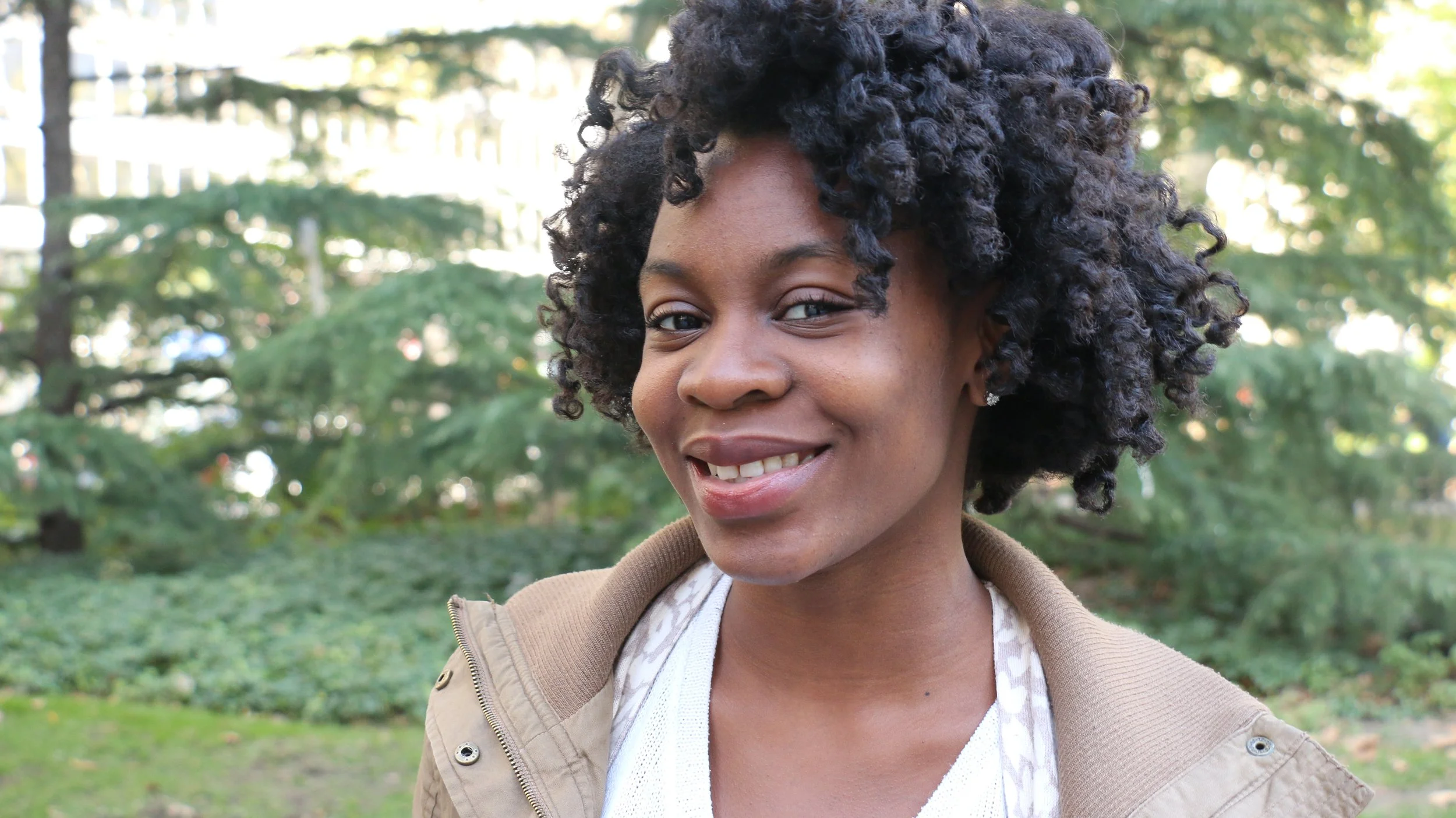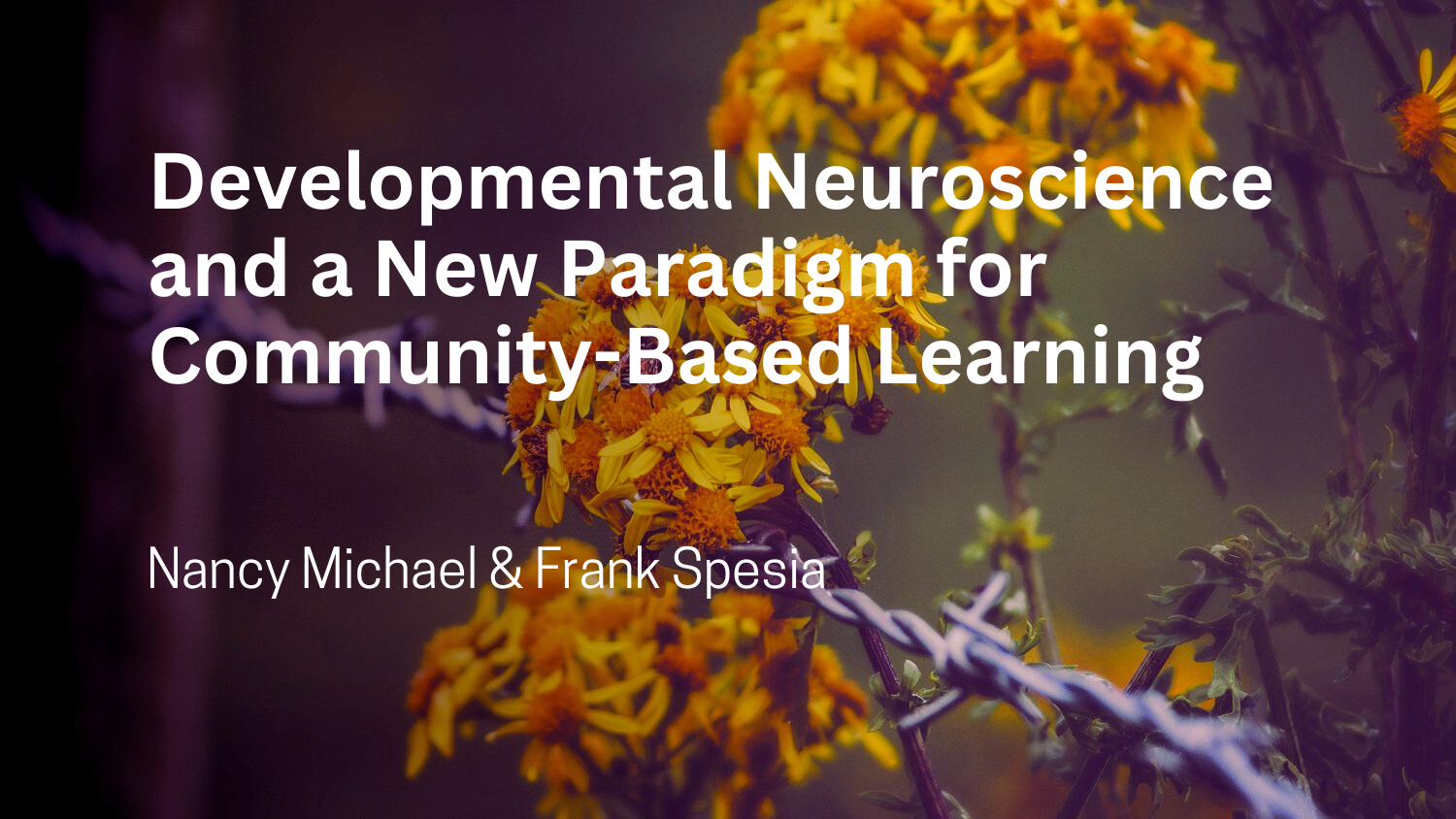CBGL Collaborative Blog
Interested in contributing to the blog? Check out our Propose a Blog page for site guidelines, examples, and guidance.

Expanding Epistemological and Practical Considerations of Merit & Rigor in a University Honors Program: Why It Matters
When I, a career community engagement professional and administrator with an academic-activist identity in environmental sociology, was approached in Spring 2022 about the possibility of taking on leadership of our University Honors Program, I looked behind me to make sure it was me being asked. As someone for whom community engagement and social justice are core values and drivers in my work, I admittedly saw not just our Honors Program, but the institution of ‘Honors’ as I have come to know it to be in stark contrast with those deeply held beliefs.

Innovative Tech Award Recognizes Connections Enabled through Collaborative’s Global Solidarity, Local Actions Toolkit
The Collaborative is proud to accept The Innovative Technology award from the GoAbroad Innovation Awards, recognizing the Global Solidarity, Local Actions Toolkit. When we see the Toolkit in syllabi, or linked in a blog post, or sourced for scholarly articles, or used to develop a workshop or a training – we see each other. We know that there is a team out there, a network, a hive, a tribe – all working in their ways and in their part and in their locations for a world that is more just, inclusive and sustainable.

Milestones and contributions of Latin American community engagement: Unresolved debates to build a Global South dialogue
The discussion of university reform and its participation in liberation processes is not new for Latin American universities. Since the wars of independence in the 19th century, the emerging nations promoted the creation of universities that would break with the legacy of the colonial university and respond to the needs of the new national and modernizing projects. In this blog, we share the experience of Latin American community engagement that, in the twentieth century, disputed the structuring logic of elite universities to create "another possible university." We analyze three crucial episodes in the history of community engagement, its advances, and its limits. We conclude by reflecting on the possibilities of continuing the engagement movement, but under new statements according to new challenges, opening a path for a global dialogue.

Developmental Neuroscience and a New Paradigm for Community-Based Learning
From a community standpoint, the infusion of organization-centric neuroscience expertise has ignited a new wave of community collaboration that is rooted in neuroscience and the value of human connection. This is seen most tangibly in the formation of a community capacity-building movement called Self-Healing Communities of Greater Michiana.

Decolonizing Development Economics: The STAARS Experience
The most valuable asset elite universities can contribute is a network of experienced mentors committed to supporting early career scholars’ emergence as intellectual leads. African researchers face multiple layers of structural and institutional challenges that reinforce each other, but programs such as STAARS can help address some of these challenges, offering a small step towards decolonizing development economics.

How to Learn from the Land
“As a humanist whose primary teaching happens in Spanish, this focus — a culturally-rooted response to structural violence — is where I most want to hold our students’ attention.” Here in Philadelphia, “This begins at the partnership level… This course was embedded in a larger vision of shared concern and mutual trust manifest through alignment with projects like Lessons of Da Land.”